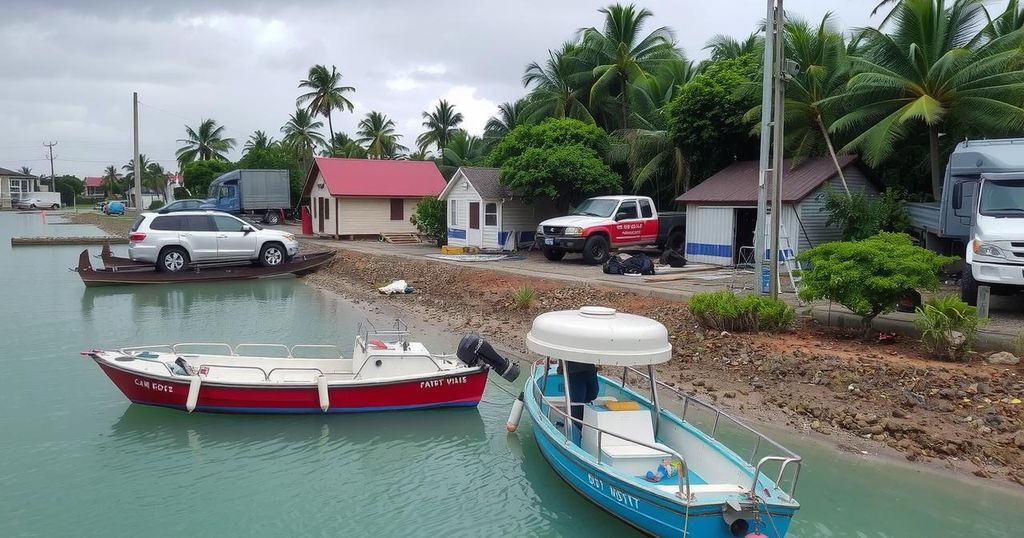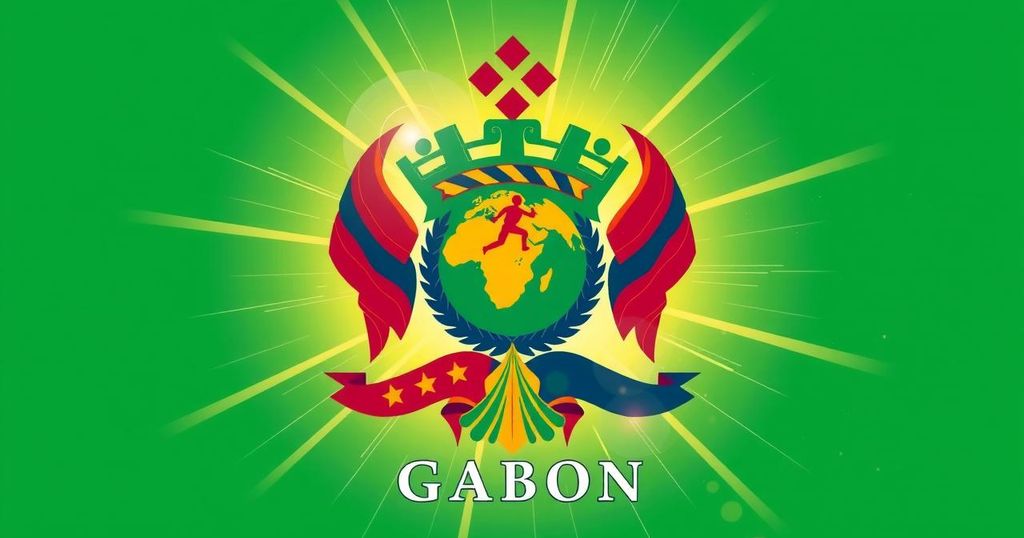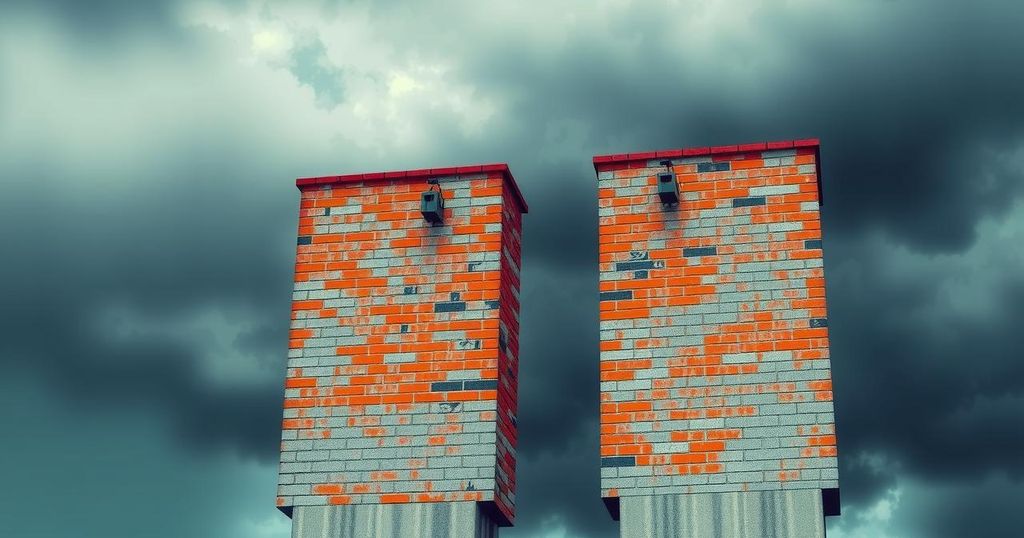Urgent Aid Deployed to Mayotte Following Catastrophic Cyclone Chido
France is providing urgent assistance to Mayotte following Cyclone Chido’s devastation, with fears that hundreds or thousands may have died. The cyclone has caused extensive damage to infrastructure and homes on the island. Rescue and medical teams are being deployed, as local authorities struggle to assess fatalities in a region already burdened by poverty and undocumented migration.
France is swiftly mobilizing aid to its overseas territory of Mayotte, recently devastated by Cyclone Chido. This cyclone, categorized as a 4, struck the island on Saturday, resulting in widespread destruction and a terrifying estimated death toll that may reach into the thousands. Rescue teams and medical personnel are being dispatched from mainland France and the neighboring island of Réunion to provide support and deliver humanitarian supplies to the affected regions.
Mayotte, a densely populated archipelago with approximately 300,000 residents, has been grappling with the aftermath of the cyclone, which has destroyed entire neighborhoods and severely damaged vital infrastructure, such as the airport and hospitals. The Prefect of Mayotte, François-Xavier Bieuville, indicated that initial reports of the death toll suggest a drastic loss of life, with formal figures remaining elusive due to on-ground challenges in tracking victims.
The cyclone’s impact was compounded by existing socioeconomic conditions in Mayotte, which is known to be the poorest department within France and the European Union. The island has been a destination for migrants from neighboring regions who seek better living conditions. The storm’s devastation may hinder rescue and recovery efforts, especially given the rapid burial practices in local Muslim traditions and the presence of undocumented migrants who may go unregistered. Additionally, the cyclone had adverse effects on other nearby islands, including Comoros and Madagascar, leading to further regional challenges.
In response, French authorities anticipate that over 800 additional personnel will arrive soon as they continue recovery operations across the affected areas. Minister Bruno Retailleau has emphasized the importance of understanding the full human toll, acknowledging that accurate reporting will take an extended duration due to the scope of destruction and loss.
Cyclone Chido has become part of a troubling pattern, with cyclone seasons becoming increasingly severe in the southwestern Indian Ocean, prompting thoughts of past tragedies like Cyclone Idai and Cyclone Freddy, which claimed numerous lives across several nations.
The Indian Ocean region experiences a significant cyclone season from December through March, with recent years witnessing a series of powerful storms. Cyclone Chido, striking Mayotte, is noted as the worst storm impacting the island since the 1930s, marking a historical event. The socio-economic landscape of Mayotte, which is characterized by high levels of poverty, informal housing, and a population burdened by migration pressures, intensifies the implications of such natural disasters. Furthermore, emergency responses in times of crisis are often complicated by local customs and the demographic complexities of the population, including undocumented migrants.
In conclusion, the aftermath of Cyclone Chido has revealed the vulnerabilities faced by the residents of Mayotte, a territory already struggling with poverty and infrastructure challenges. As France rallies to provide comprehensive aid, the human cost of the cyclone remains uncertain, with rescues and recovery efforts ongoing. The event serves as a reminder of the increased risks and preparations needed for future cyclone seasons in a region increasingly affected by climate-induced phenomena.
Original Source: ny1.com




Post Comment